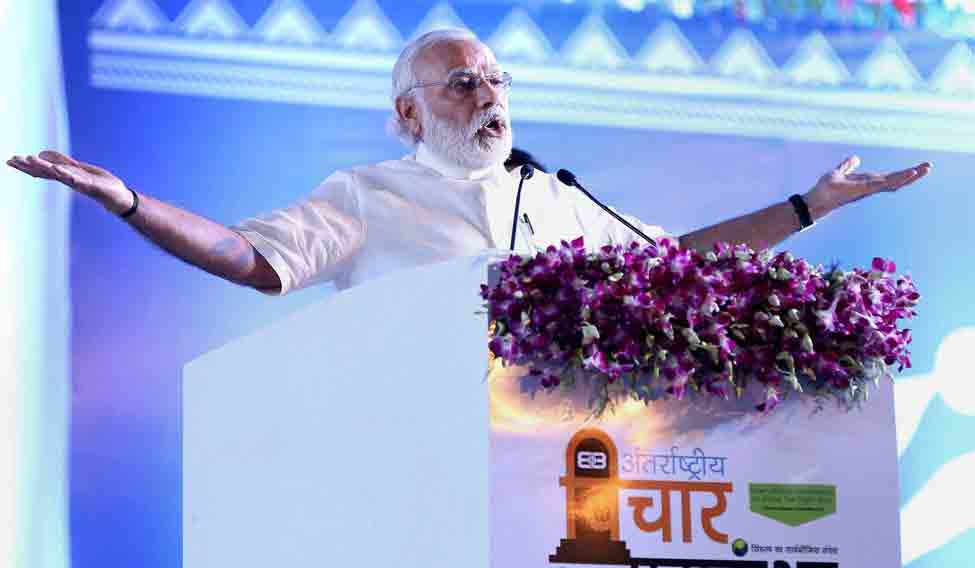Less than 48 hours after RBI Governor Raghuram Rajan made public his decision not to seek a second term, the government unleashed sweeping reforms in the foreign direct investment regime, opening up defence, aviation and food processing sectors.
Although the finance ministry kicked off discussions on easing FDI rules a few weeks ago, the hurry with which the latest decision was rushed through makes experts feel that the government wanted to dispel resentment post Rajan's letter to his RBI colleagues .
The decision to further liberalise the FDI regime with the objective of "providing major impetus to employment and job creation in India" was taken at a meeting chaired by Prime Minister Narendra Modi himself.
The new norms will allow 100 per cent FDI under government approval route for trading, including through e-commerce, in respect of food products manufactured or produced in India. The move is expected to help companies such as Heinz, Cargill Foods and Del Monte which are already in the food processing space.
The PM chose to ignore protests from food processing ministry which was insisting on mandating local sourcing for food retailers.
Also, 74 per cent FDI has been allowed in pharma sector under the automatic route which means that foreign investors will not need government's approval to invest up to 74 per cent in domestic pharma companies. The new FDI regime in pharma is expected to create consolidation in the sector, with big pharma MNCs acquiring niche players.
"The pharma sector has been witnessing heightened activity in the recent past and this change should help in reducing timelines for deals involving FDI of less than 74% equity stake", said Kalpesh Maroo, Partner,BMR Associates LLP.
The government also allowed 100 per cent FDI in scheduled airlines, where 49 per cent FDI was allowed under automatic route. However, existing rule that prevents foreign airlines from owning more than 49 per cent in scheduleda airlines stays.
In case of private security agencies the government has increased the cap to 74% from 49% but companies need to get government approval for every transaction and follow prescribed norms for the sector. The move is expected to benefit private security agencies such as SIS and TRIG Guard force.
Defence has been completely opened up for FDI. The new norms allow for 100 per cent FDI in defence making it easy for companies like BAE Systems, Lockheed Martin and Airbus to start their fully owned indian ventures.
"The government's bold decision to increase foreign direct investment (FDI) cap to 100 per cent will help India in realising the dream of self-reliance in the defence sector which has immense possibilities for attracting investments, setting up manufacturing facilities, obtaining technologies and capabilities and generating high skilled employment", said Industry body Assocham in a statement.
Hundred per cent FDI under automatic route has also been allowed in cable networks and DTH.
The government also cleared the way for Apple to open stores in the country by relaxing single brand retail trading norms. The iPhone maker is expected to be a beneficiary of a three-year relaxation the government is introducing on local sourcing norms with an extension of up to five years. Other single-brand retailers like furniture giant IKEA are also expected to benefit.
"These major decisions affirm that India is open for business from the world, and would contribute greatly to investments and development of the country", said Chandrajit Bannerjee, Director General, CII in a statement.





